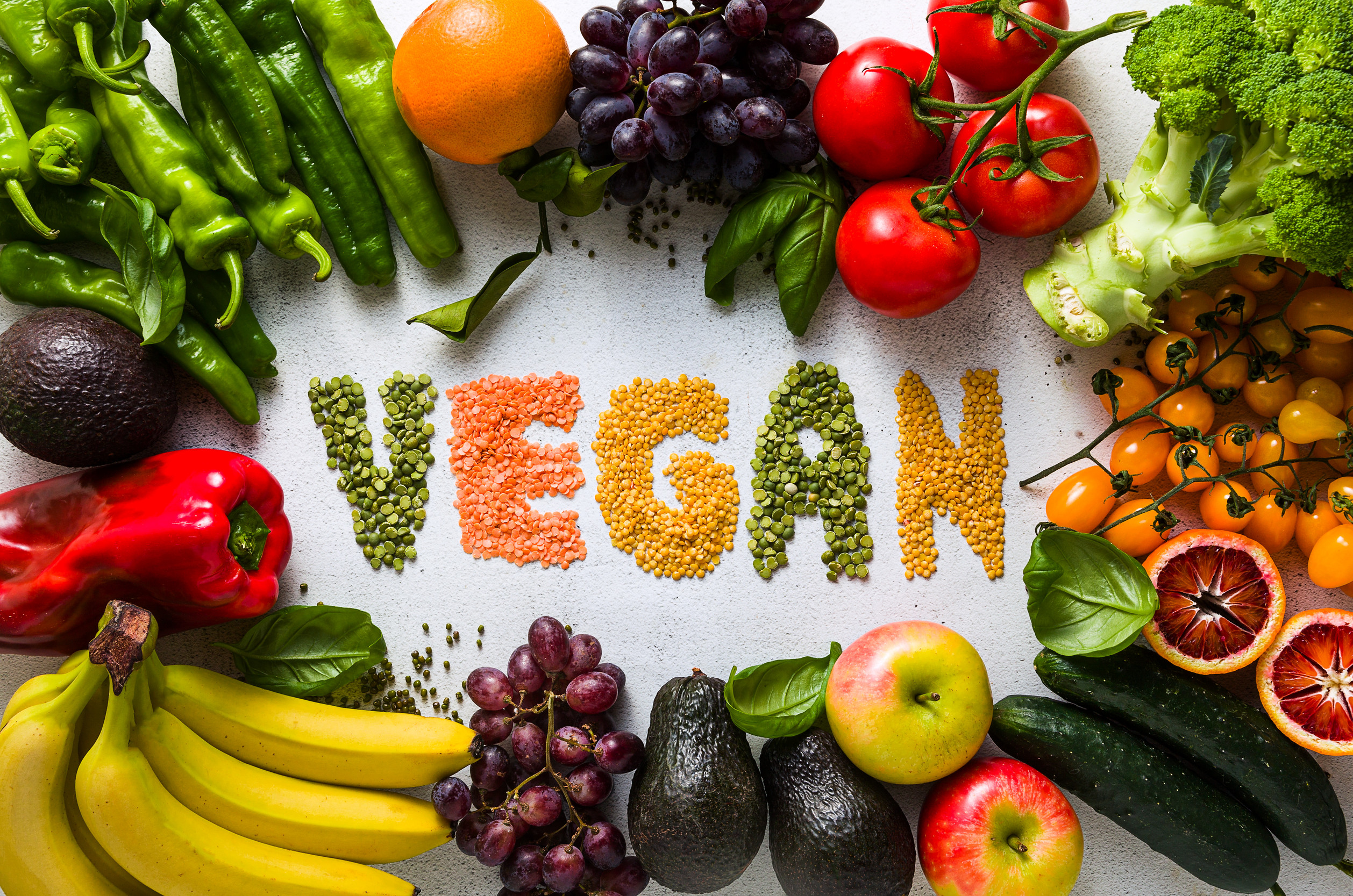
The question has become louder over the years, echoing across dinner tables, TikTok debates, and climate change conferences: Is going vegan really saving the planet? The answer isn’t as simple as swapping steak for soy.
As environmental urgency grows, so does the need to understand the actual impact of our food choices—not just on our bodies, but on the Earth. Veganism is often marketed as the ultimate eco-solution, a guilt-free lifestyle that treads lightly on the planet. But is that claim grounded in truth, or is it a well-meaning oversimplification?
The Environmental Case for Veganism
At its core, the vegan lifestyle is about minimizing harm—both to animals and the environment. Animal agriculture is responsible for a significant share of greenhouse gas emissions, especially methane from cows and nitrous oxide from manure and fertilizers. According to the UN’s Food and Agriculture Organization, livestock accounts for around 14.5% of all global greenhouse gas emissions. By cutting out meat and dairy, individuals can reduce their carbon footprint more than giving up cars or air travel. In theory, replacing animal-based products with plant-based alternatives leads to less deforestation, water usage, and pollution.
Land Use and Deforestation: The Hidden Cost of Meat
One of the most overlooked environmental costs of animal agriculture is the land it devours. Forests are often cleared to grow feed crops like soy and corn—not to feed people, but to feed livestock. This deforestation contributes to biodiversity loss and increases carbon levels in the atmosphere by eliminating carbon sinks. Producing just one pound of beef can require up to 1,800 gallons of water and massive land use, compared to a fraction for plant-based foods. In contrast, growing vegetables, grains, and legumes demands less land and can often be cultivated with fewer environmental trade-offs.
Water Consumption and Pollution
The water footprint of a vegan diet is generally smaller, and that’s a big deal in a world facing water scarcity. Producing animal products requires massive amounts of freshwater—not only for the animals themselves but also for growing their feed. Waste from factory farms can seep into rivers and groundwater, polluting ecosystems and harming communities nearby. Plant-based agriculture also uses water, of course, but far less than the meat and dairy industries. Swapping a burger for a bean-based meal is one small change that, multiplied millions of times, can significantly ease pressure on global water supplies.
Crop Production and the New Environmental Challenges
However, the vegan boom has introduced new pressures on certain ecosystems. The demand for trendy vegan staples like avocados, quinoa, and almonds has led to unsustainable farming practices in parts of the world. These crops are often transported thousands of miles and require large amounts of water or pesticide use in monoculture systems. Just because a food is plant-based doesn’t mean it’s environmentally innocent. A thoughtful vegan diet still requires careful consideration of how and where food is grown.
Transportation, Packaging, and the Global Supply Chain
When considering the environmental impact of food, transportation and packaging can’t be ignored. A locally sourced piece of chicken may have a smaller carbon footprint than an almond-based cheese flown in from another continent. Many plant-based products rely on industrial processing and heavy packaging, which also contributes to emissions and landfill waste. Some popular vegan foods come with long ingredient lists and global supply chains, which can undercut their green image. Choosing seasonal, locally grown produce can be far more sustainable than consuming imported vegan substitutes.
Wildlife and Biodiversity
Grazing animals have traditionally been blamed for contributing to habitat destruction, but crop farming also plays a role in biodiversity loss. Converting wild landscapes into monoculture farms for soy, corn, or palm oil—some of which support vegan diets—can threaten native species. However, livestock farming occupies nearly 80% of global agricultural land while supplying less than 20% of the world’s calories.
Reducing meat consumption could free up land that could be rewilded or restored to natural habitats. When done responsibly, plant-based diets can help preserve ecosystems and protect endangered wildlife.
The Ethical and Cultural Dimensions
The rise of veganism often comes with ethical arguments about the rights of animals and the morality of eating them. Yet not all cultures or communities can adopt vegan diets with ease, especially those reliant on traditional or subsistence farming. In some places, livestock plays a key role in local economies and food security. Forcing a one-size-fits-all solution can cause unintended harm, especially in regions where access to diverse plant foods is limited. A sustainable future must consider not only the environment but also social equity and cultural diversity.

Industrial Veganism vs. Regenerative Meat
It’s important to distinguish between industrial-scale vegan food production and sustainable, regenerative forms of agriculture that include animals. Some small-scale farms raise livestock in ways that improve soil health, promote biodiversity, and reduce emissions. These practices stand in contrast to the factory farms that dominate the global meat industry. Meanwhile, processed vegan products made in factories may offer ethical benefits but not always environmental ones. The best environmental outcomes often come from systems that integrate animals and plants in balance with nature.
Can Veganism Scale Globally?
One of the biggest challenges is whether the planet could realistically support a fully vegan population. While some studies suggest it’s possible and even beneficial, others warn about unintended consequences, such as nutrient deficiencies or imbalanced food systems. Global farming infrastructure would need to shift dramatically to meet new demands for plant-based protein and nutrition.
The success of a global vegan transition would depend heavily on education, access to a wide range of foods, and sustainable farming techniques. It’s not just about what’s on the plate—it’s about how the world grows, processes, and shares food.
So, Is It Helping?
In many ways, yes—being vegan can significantly reduce an individual’s environmental impact. But the answer isn’t black and white. A vegan lifestyle, when done thoughtfully and ethically, can ease pressure on the climate, water systems, and ecosystems. However, poorly planned vegan diets or reliance on unsustainable plant-based trends can create new environmental problems. True planetary health lies not just in going vegan, but in making smart, conscious food choices—whatever label they fall under.
The planet’s future is shaped by the choices made every day—on farms, in factories, and at dinner tables. Is veganism the best path forward, or just part of a larger solution? There are no easy answers, but the discussion matters.
Read More
Save Money and Change the World: 10 Affordable Ethical Gifts Under $30
Rebranded as ‘Wellness’: The Dark Side of Diet Culture in 2025
The post Is Being Vegan Actually Helping the Planet? appeared first on Everybody Loves Your Money.







